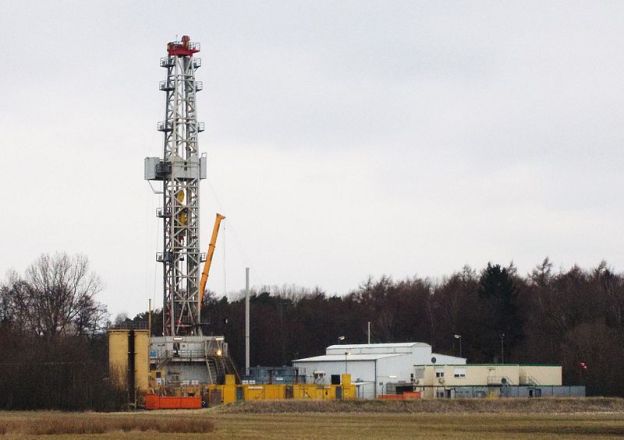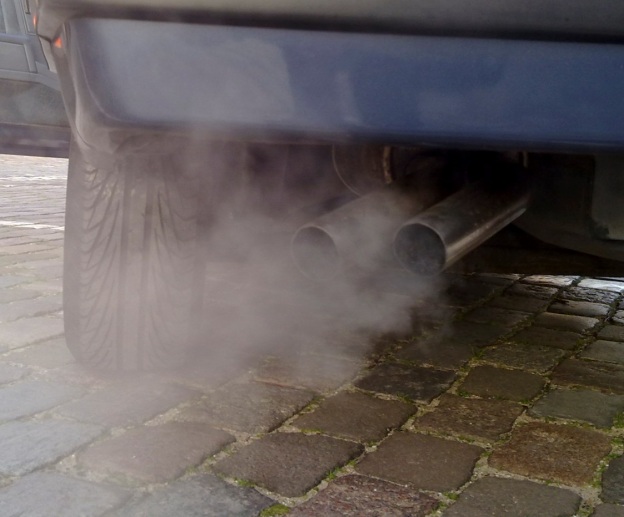John Pearson
Researching and writing on unconventional energy sources and, in particular, the ‘tar sands’ of Alberta, Canada presents facts (both questionable and accepted) which shock and appall. However, upon consideration of the phenomenon in the broader contexts in which it undeniably resides, those of energy security, geopolitics and development to name but a few, a degree of realism about such projects is necessitated.
The abandonment of two of the most high profile examples of ‘extreme energy,’ the tar sands, and fracking in the USA and UK, is unlikely. Human reliance on hydrocarbons is undeniable and as conventional reserves dwindle, the incentive to extract unconventional sources rises correspondingly. Denying or failing to recognize our inextricable connection to them for the foreseeable future is at best remiss and, at worst, arguably dangerous. Progress towards alternatives continues to be made, but expecting developments to come to fruition and disconnect us from our reliance upon hydrocarbons entirely would be to ignore reality. Recognition is required that unconventional oil and gas extraction is inescapable in the short term. Regulation should therefore be directed at impacts of the use of hydrocarbons fuels which can be addressed in the relatively near future and may contribute towards their abandonment altogether.
Continue reading →





